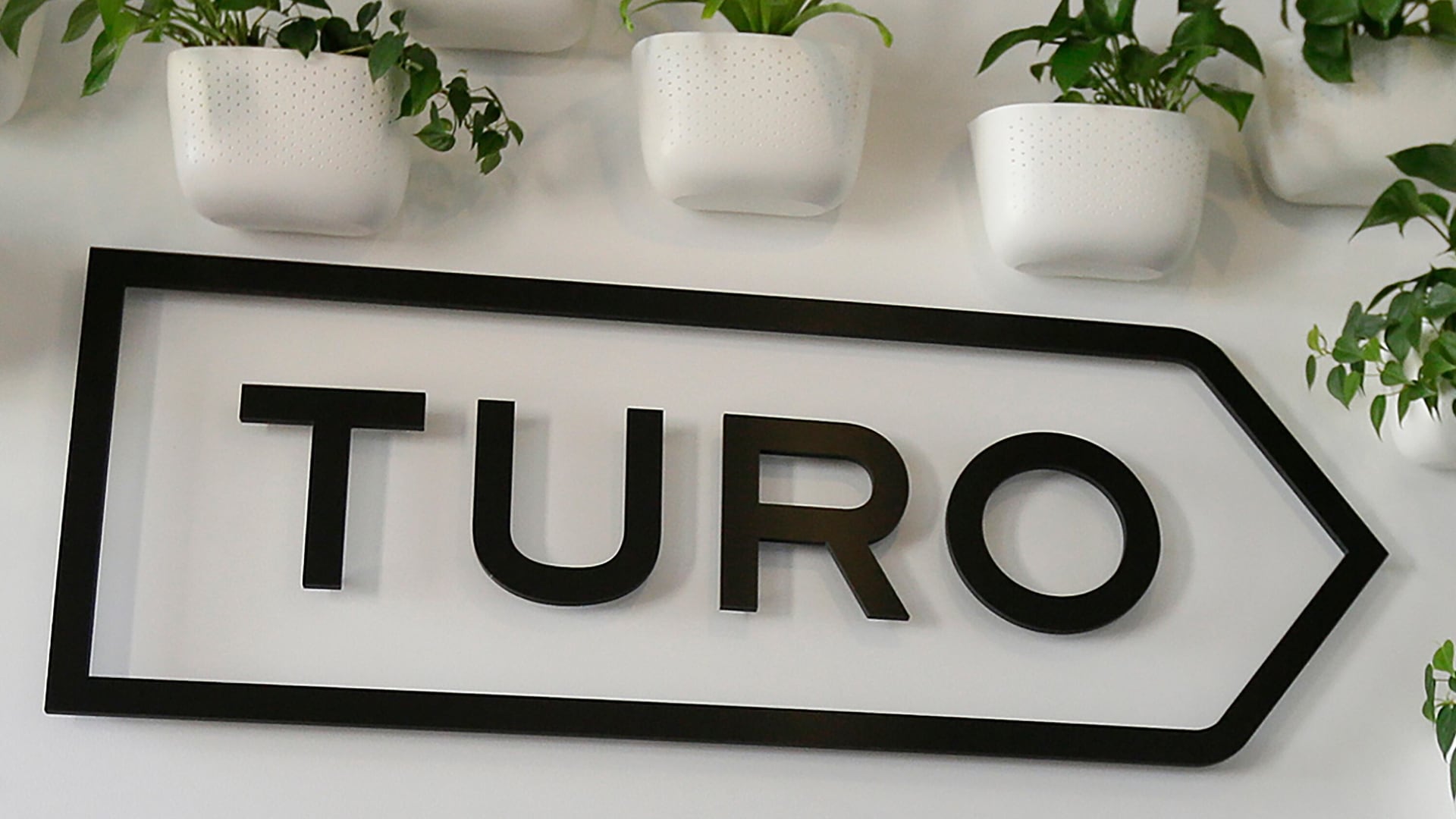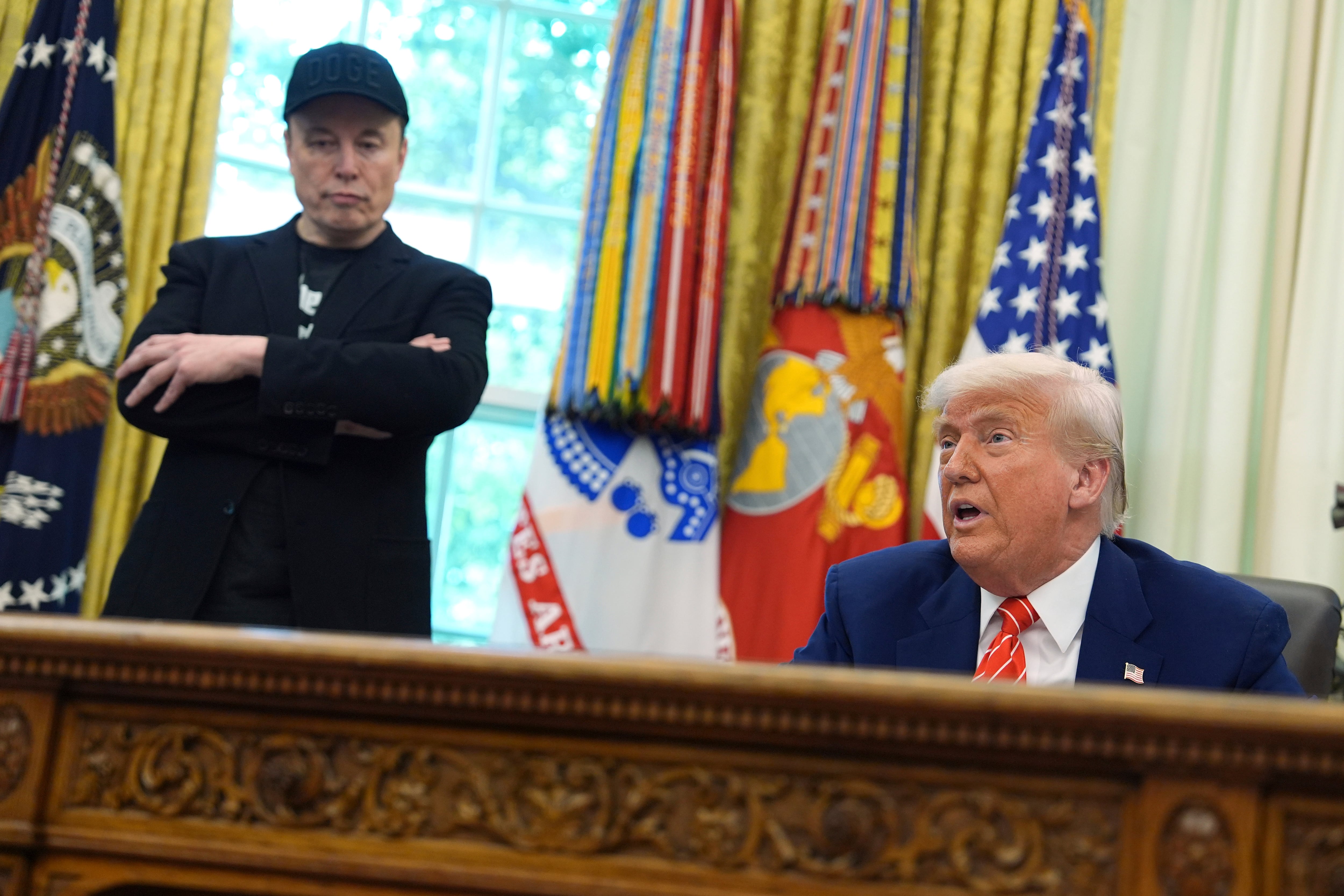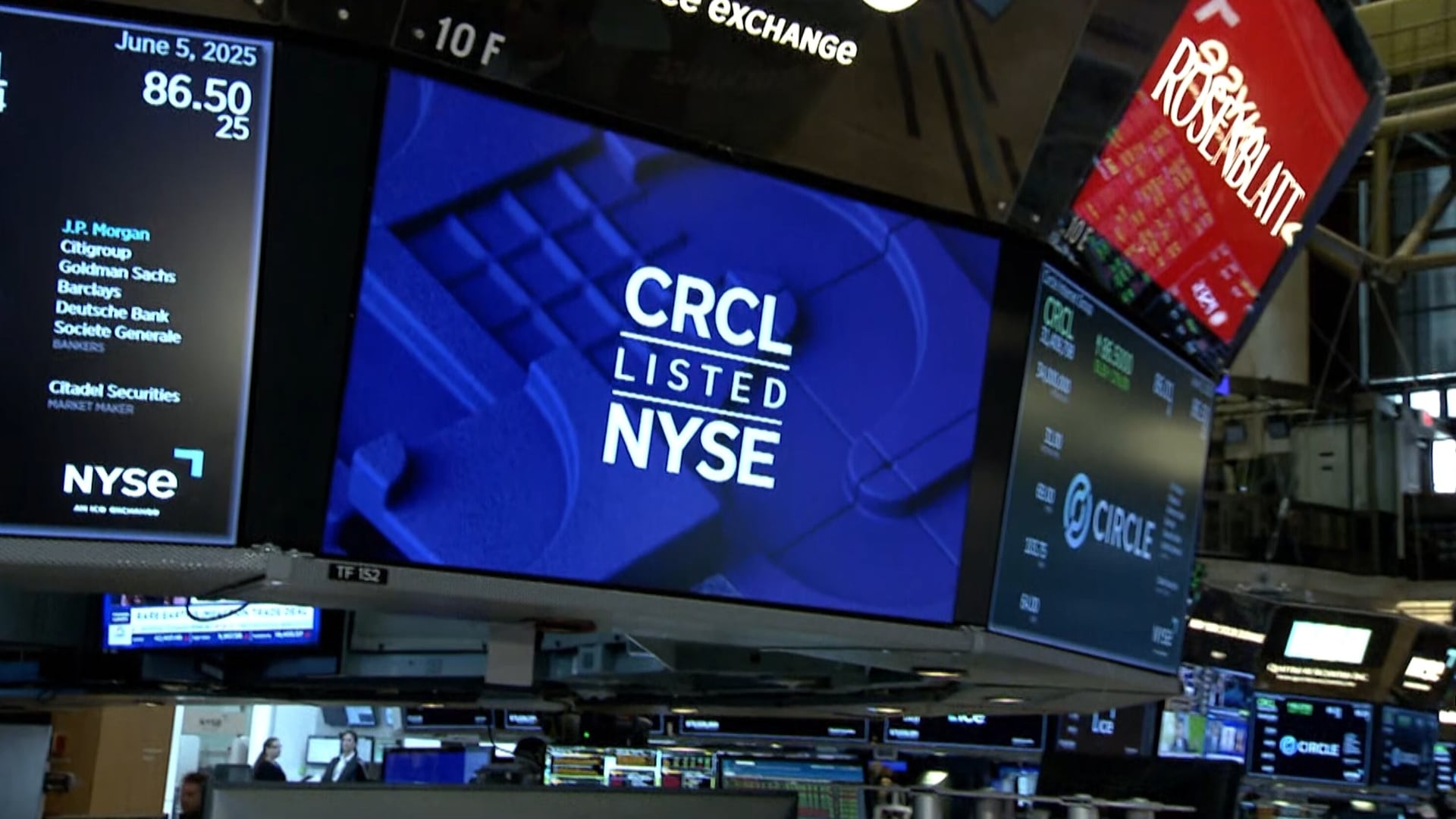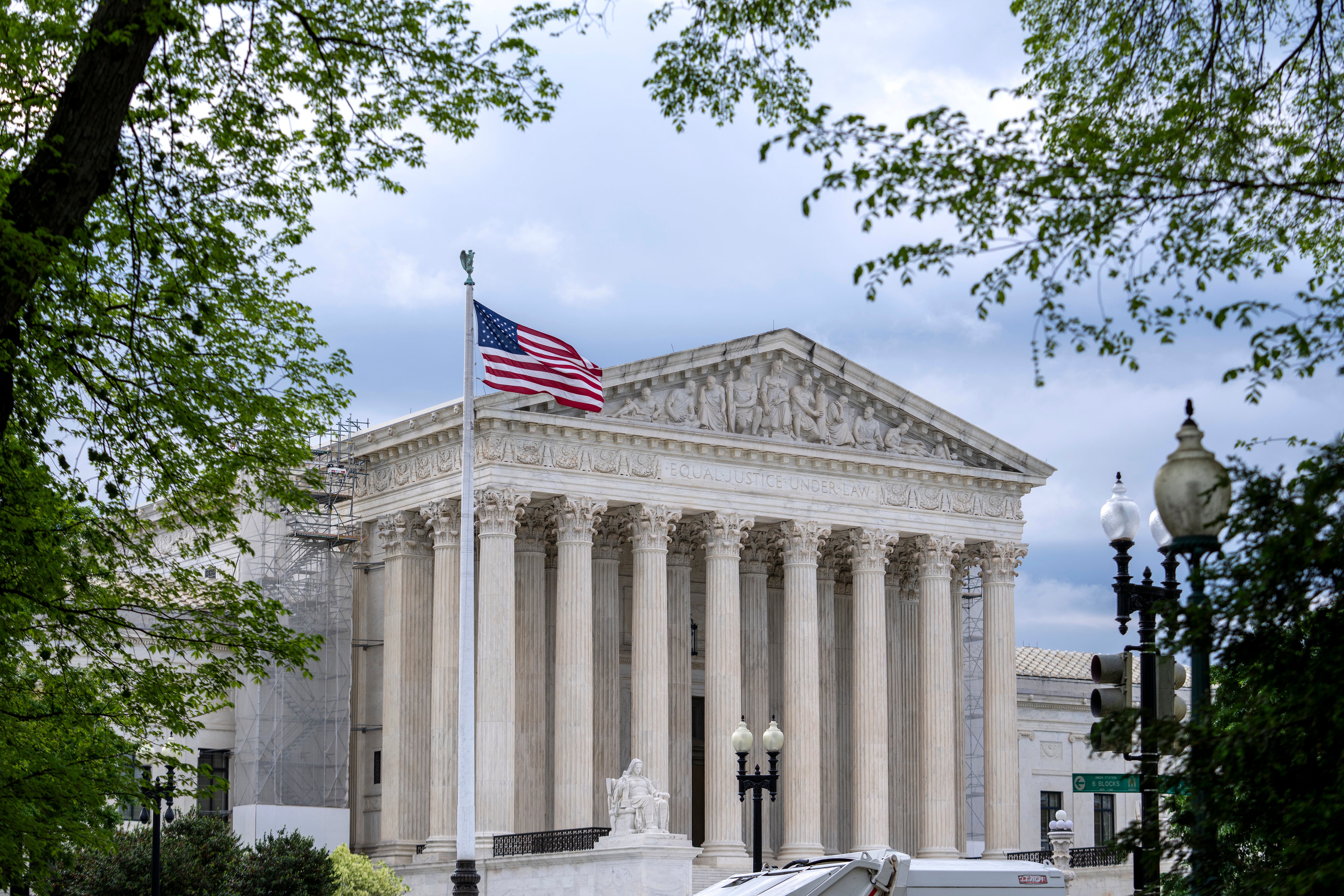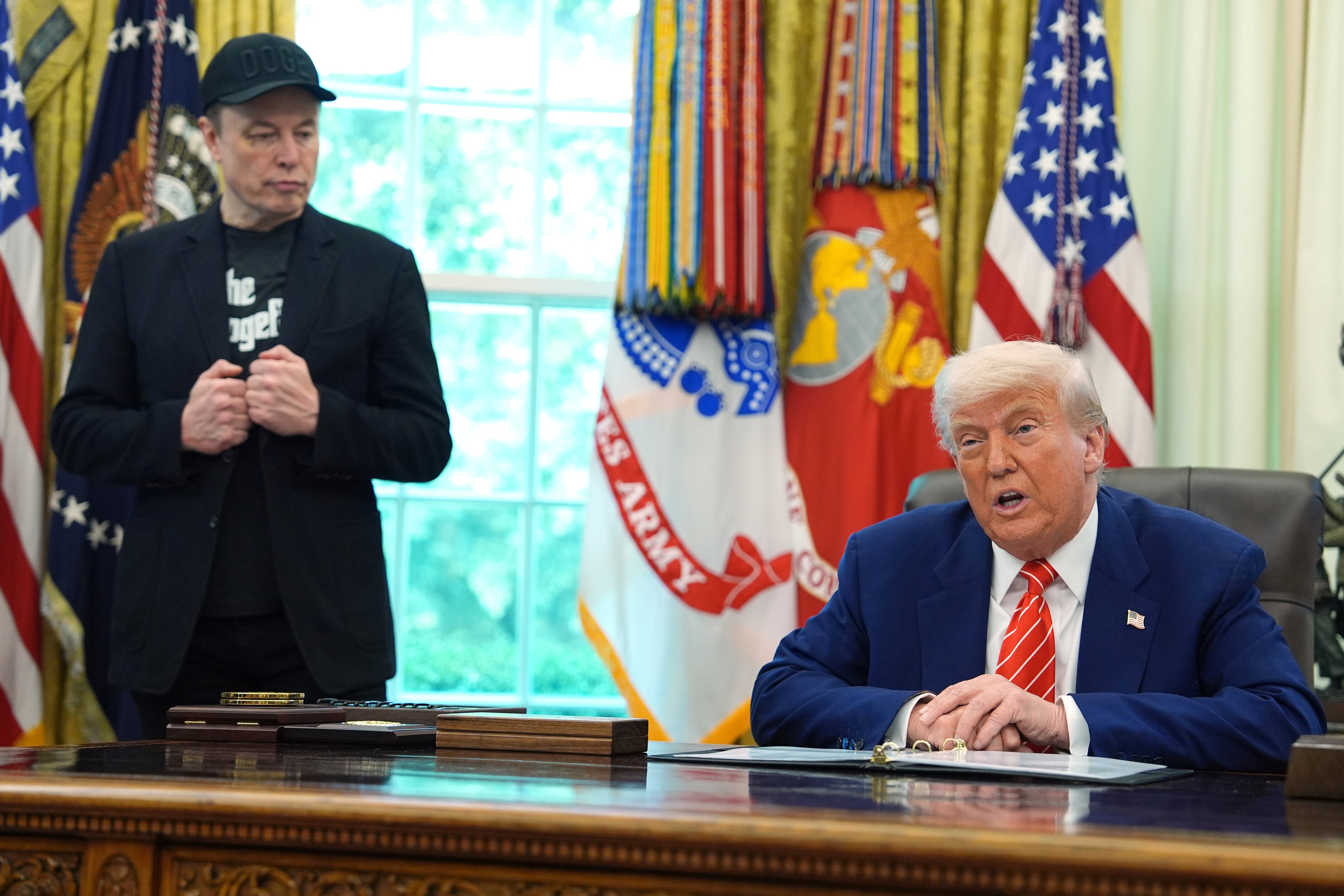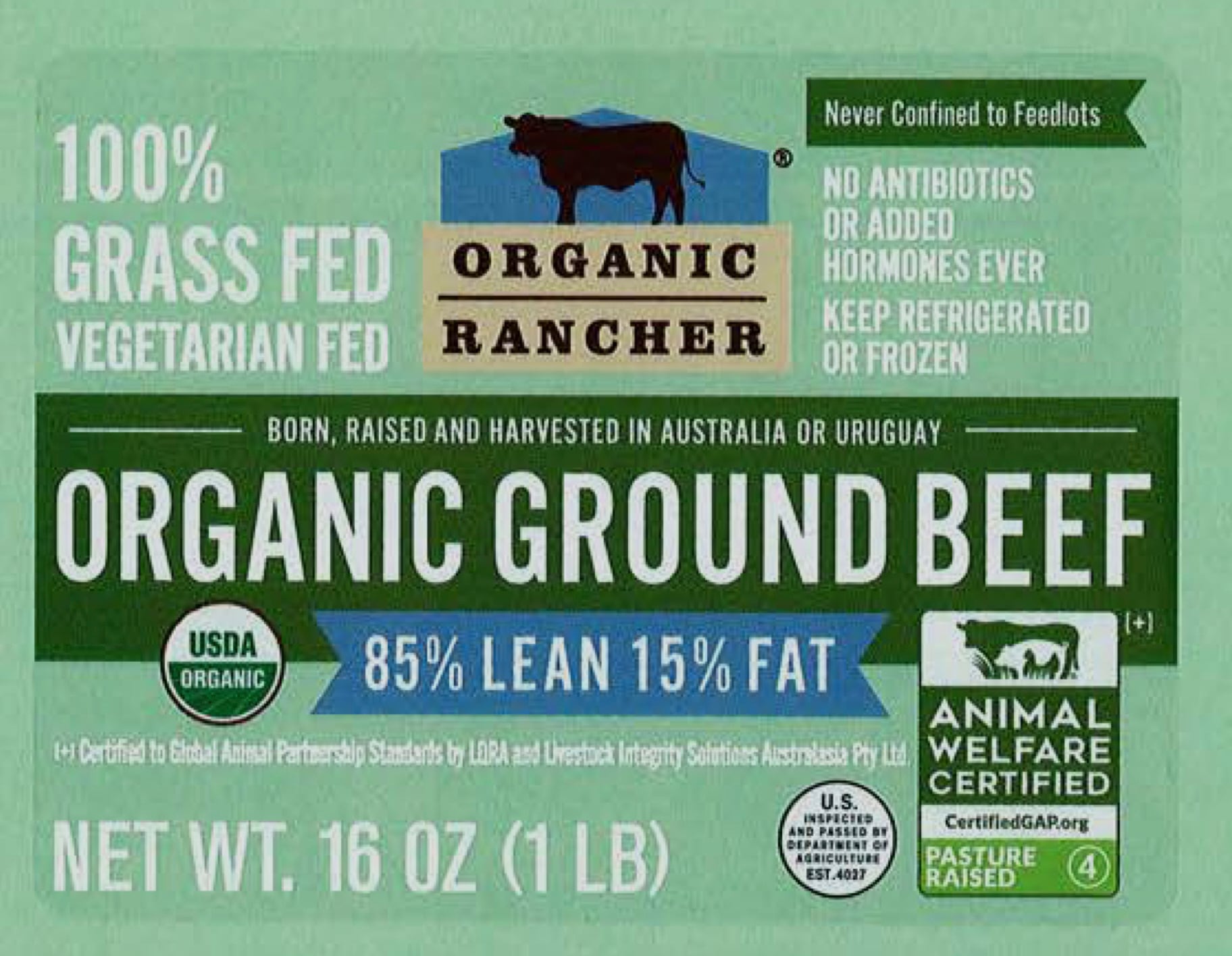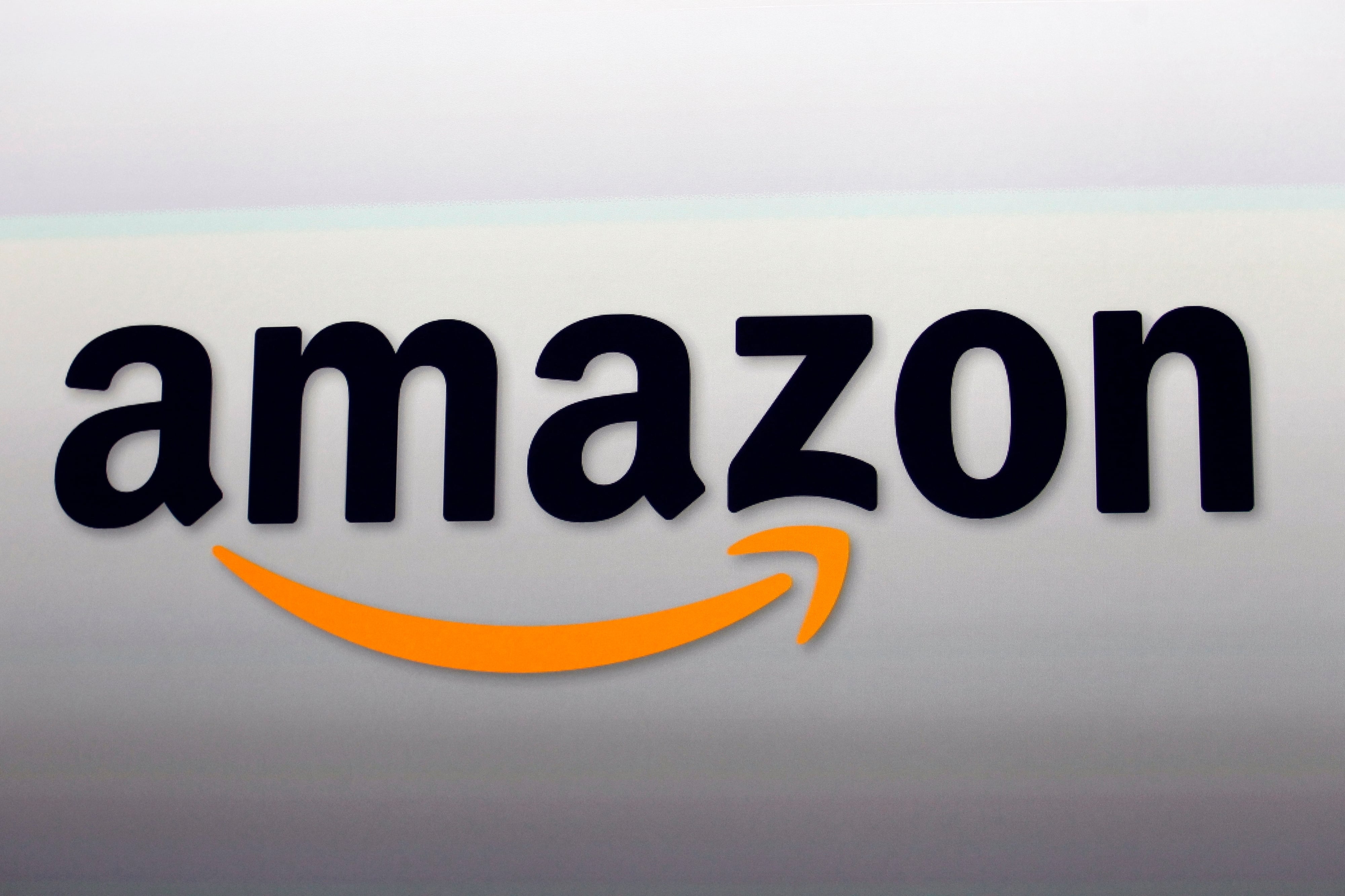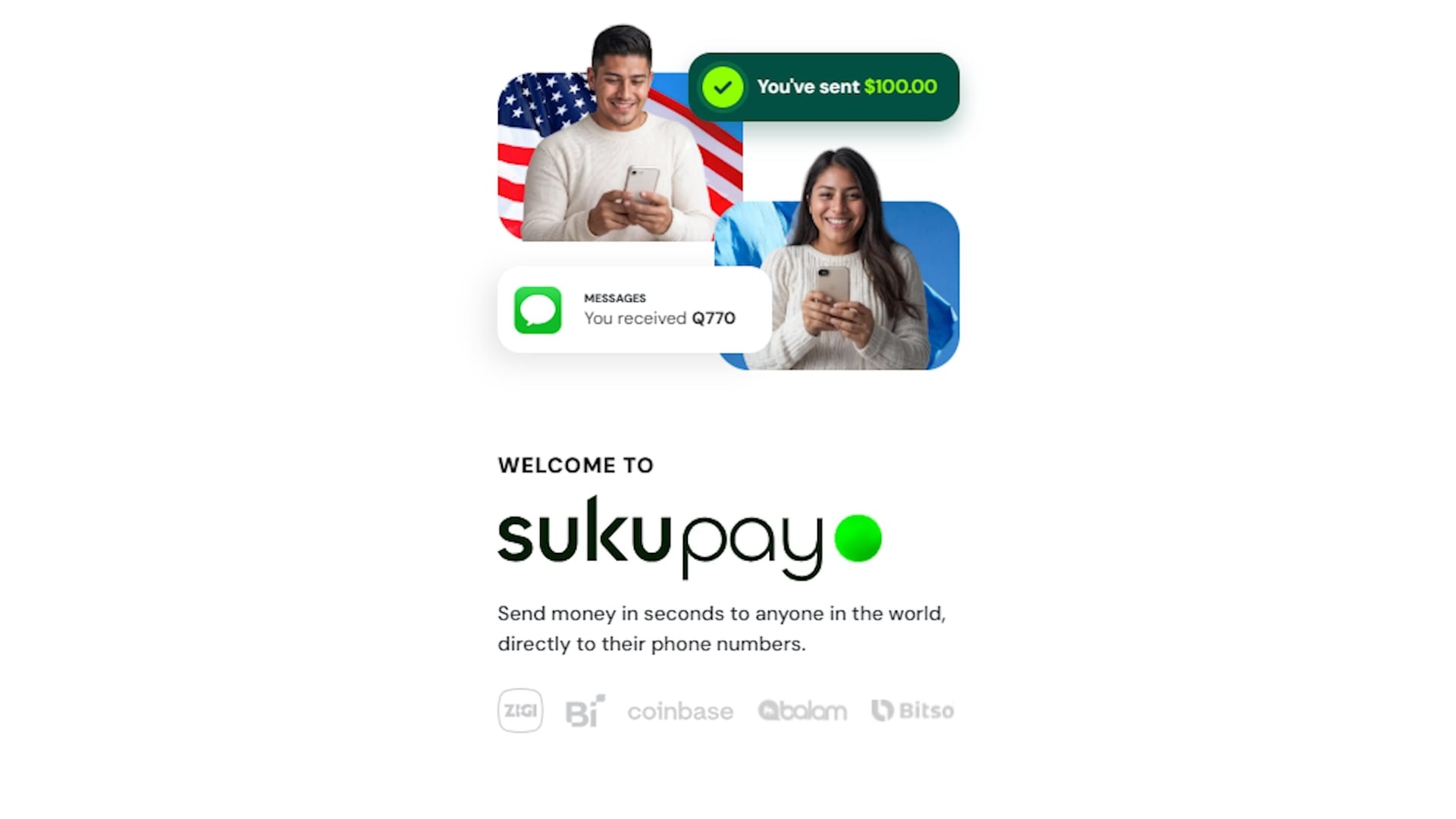*By Carlo Versano* If the sales generated from Black Friday, Cyber Monday, and Amazon's Prime Day in the U.S. were combined, the total would still be less than the sales from Sunday's Singles Day shopping holiday in China. Celebrated each year on Nov. 11, Singles Day began as a celebration of singlehood among university students, but morphed into a Black Friday-esque online and offline shopping event aimed at China's rising middle class. Alibaba ($BABA), the e-commerce giant that pioneered the effort to turn what was a relatively minor "holiday" into the world's biggest shopping event, [reported](https://www.alizila.com/) more than $30 billion in sales, smashing last year's record of $25 billion. Sales hit $1 billion within 90 seconds of the event beginning. Alibaba rival JD.com ($JD) [announced](https://jdcorporateblog.com/shoppers-snap-up-quality-and-imported-products-on-jd-com-for-record-breaking-singles-day-festival/) it sold $23 billion worth of goods for its 11-day event. Still, while sales hit a record, Alibaba's Singles Day growth rate slowed by 40 percent. It was unclear what effect the simmering trade war with the U.S. had, though Alibaba had recently cut its revenue guidance due to "fluid macroeconomic conditions." Alibaba's co-founder, Jack Ma, has [warned](https://money.cnn.com/2018/09/18/technology/jack-ma-trade-war/index.html) that the trade war could last 20 years. The $30 billion sales figure is also not a one-size-fits-all number that directly matches Amazon's sales reports or metrics. Some Chinese firms, not beholden to GAAP, use an accounting metric called Gross Merchandise Value (GMV), which does not account for returns and can conceal operating losses. Many analysts [argue](https://www.bloomberg.com/opinion/articles/2016-06-13/finance-s-most-useless-metric) that makes their astronomical sales reports meaningless. Alibaba is not an apples-to-apples analogue to Amazon ($AMZN), the company to which it is most often compared. It's actually more akin to eBay ($EBAY) ー serving as a middleman for businesses and consumers across many platforms ー and uses a Google-like ($GOOGL) advertising model to generate revenue. But its network is so vast and such an integral part of the Chinese tech landscape that it can be hard to put it into quantifiable terms. The company counts twice the U.S. population as active monthly users on mobile and will ship 1 billion orders from Singles Day alone. Amazon sold 100 million products on Prime Day 2018, it said.
